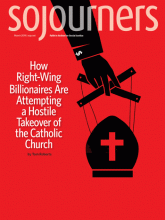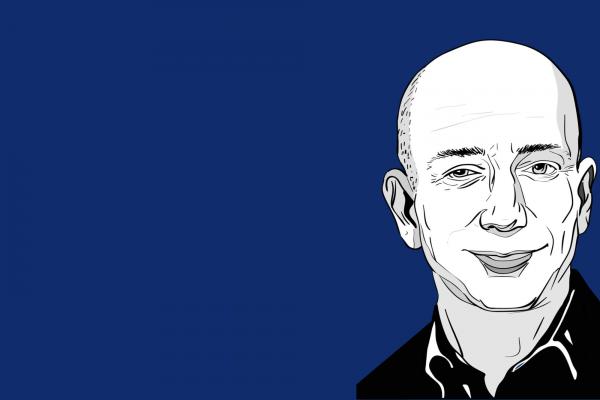A SPECTER IS haunting the neoliberal establishments of Europe and the Americas: populism. And the intelligentsia beholden to those establishments is pitching a hissy fit in response.
You can see it happening via publications such as The Atlantic —with headlines such as “What Populists Do to Democracies” and “How to Be a Populist”—and The Guardian, which has devoted an inordinate amount of its cyberspace to “Team Populism,” a transnational network of academics studying the rise of populist movements and leaders. A search of my university library database shows 1,259 books with the word “populism” in the title published just since 2016. The Guardian even offers a “How Populist Are You?” quiz.
The current populist moment gives the international commentariat a lot to chew on. For starters, there is so much disagreement about what “populism” even means. It’s hard to see how a word regularly applied to Donald Trump and Bernie Sanders can mean much of anything at all. In their work, the Team Populism people try to sort out this left-right mishmash by detaching the phenomenon of populism from its associations with socialism and ethno-nationalism. They consider populism not an ideology for governing but a strategy for attaining and keeping power. According to their June 2018 policy paper: “[Scholars] call something populist if it expresses the belief that politics embodies a struggle between the forces of good, understood as the will of the common people, and the forces of evil, associated with a conspiring elite.”
Read the Full Article

